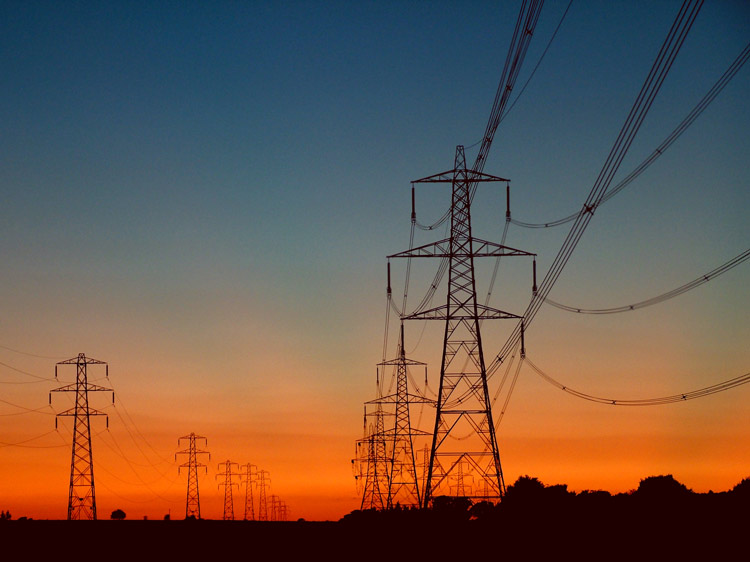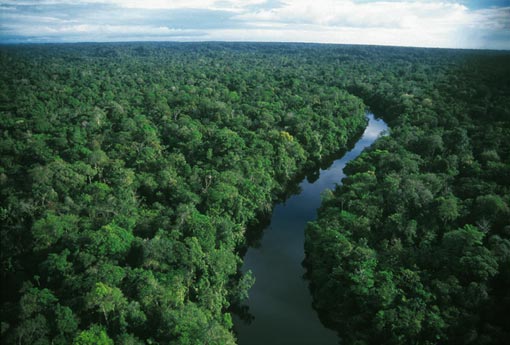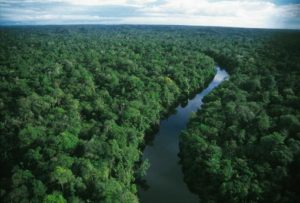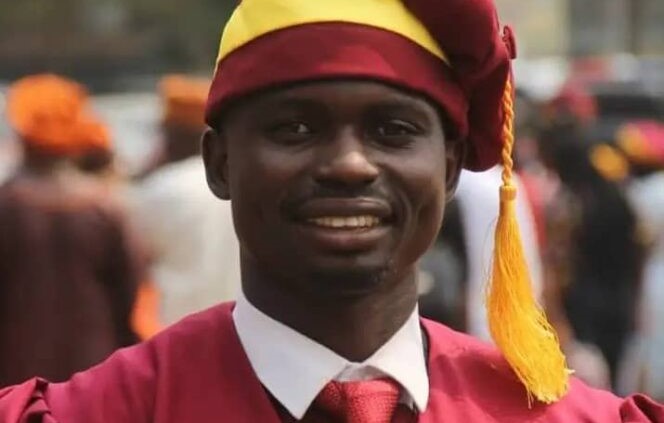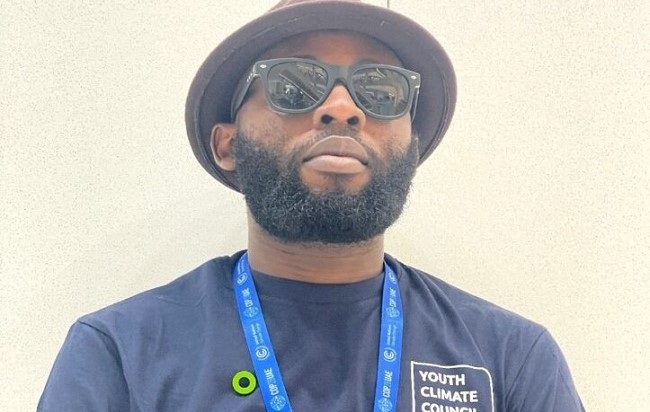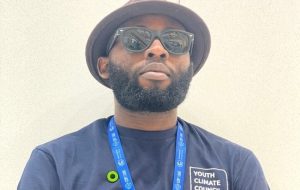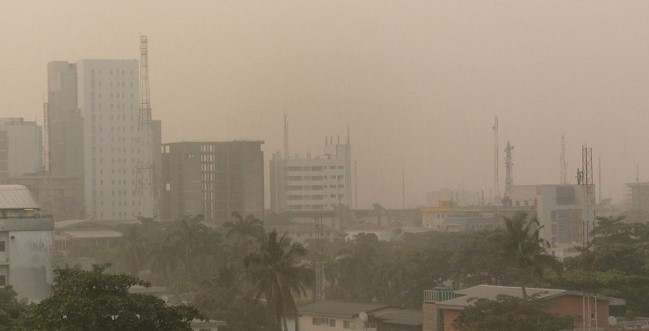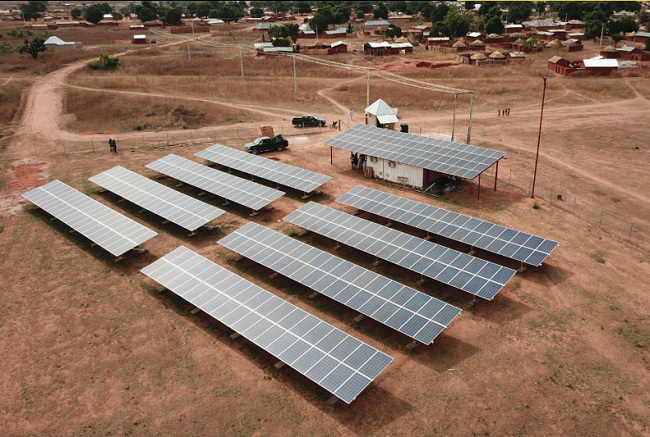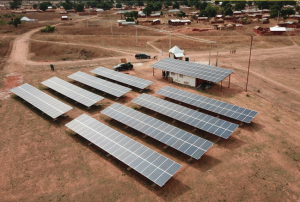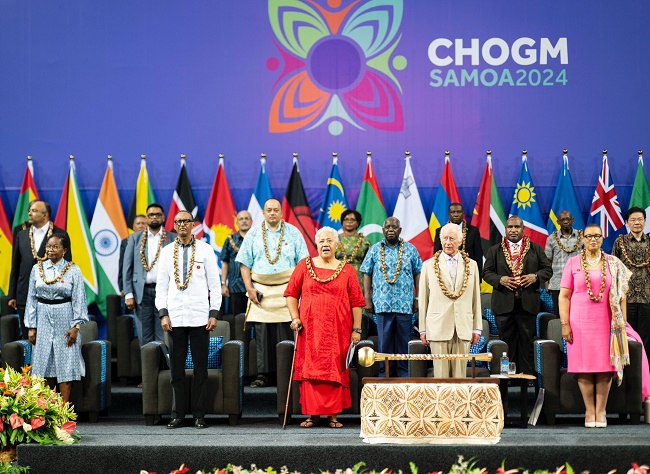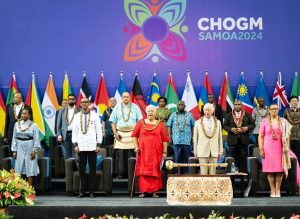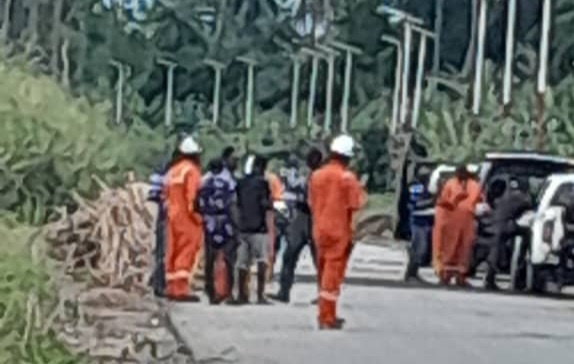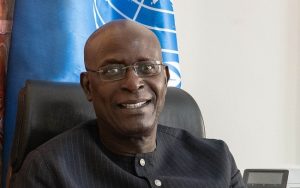The prolonged power outage being experienced in some parts of Nigeria for the past eight days has crippled socio-economic activities in Kaduna, Kano and Katsina states.
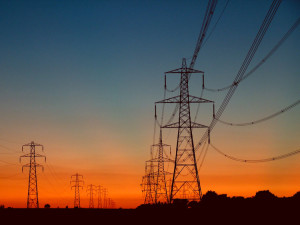
This is coupled with the recurring failure of the national grid that usually leaves most parts of the country in total darkness.
In Kaduna State, following the ongoing black out, some entrepreneurs have lamented how the lack of power supply affects their businesses.
In a survey, a cross section of the businessmen and women utterly decried that their businesses have gone down due to lack of power.
Augustine Uzor, a bar owner and hotelier said the experience was frustrating as no customer came to lodge or buy drinks from his bar because they were not cold.
“I’ve been running on generator for days now which is making me run at a loss because, sometimes we get the customers and sometimes they don’t come.
“Shortly after I paid a huge amount of money for the light bill, this happened; we are just pushing up in this country to make ends meet but it isn’t encouraging,” he said.
Similarly, a baker, Olowo Oloworanti, said that the event that led to the power outage was tragic, adding that they have been using diesel to produce, which was not sustainable.
He said his business would crumble if electricity was not quickly restored, urging the government to fix the national grid as soon as possible.
According to him, his company has paid for light service but does not get access to it adequately which is disturbing.
He recommended that the government should create alternative power generation and supply which would complement the national grid.
As business owners recount their ordeal, an expert in power and renewable energy, Amina Muhammad, stated that there was a need for the government to harness solar energy for power generation.
She said the country should not be suffering from inefficient power when it’s blessed with solar energy adding that it was high time Nigeria has alternative power generation
In Katsina State, the persistent power being experienced in Katsina, and other Northern states of the federation has also crippled socio-economic activities.
An investigation has revealed that most of the operators of small and medium enterprises have shut down the operations due to power outages.
Some of the businesses affected included, but not limited to welding, tailoring, soft drinks selling, table water production, among others.
The situation has further led to the increase in the cost of services for many businesses.
Audu Muhammad, an expert in welding, said that his business has been stopped due to power outage.
He explained that, hitherto, he used his generator if there was a power outage if he had urgent work.
“We usually charge higher prices for using generators because of the hike in the price of fuel per litre.
“Not everyone can afford to pay higher costs, as such, we are now stranded without work to earn a living,” he said.
On the other hand, operators of mobile phone charging were making a brisk business.
Nura Abubakar, on his part, said that what he gets daily from charging of mobile phones was enough for him to take care of his family.
He said that due to the increase in the price of fuel, they have raised the cost for charging a phone from N100 to N200 and above.
It was observed that the situation has caused almost all businesses to increase their costs.
Checks also revealed that the residents of the state were experiencing acute shortage of water.
A cost of one Jerry can of water, which was sold at N50 before, now cost N150 and above in some parts of the metropolis, and even other local governments in the state.
Meanwhile, the Katsina State Government has signed a Memorandum of Understanding (MoU) with the Rural Electrification Agency (REA) on concession of the Windmill Power project at Lambar-Rimi, Rimi local government area.
This is said to be part of efforts to reposition the state as a leader in Nigeria’s renewable energy transition.
Gov. Dikko Radda announced a concession plan to restore the wind energy project during a roundtable meeting held at the Transcorp Hilton Hotel, Abuja, according to a statement issued by his Chief Press Secretary, Ibrahim Kaula-Mohammed.
He said, “Signing of the MoU by the government establishes a robust framework for collaboration, aimed at accelerating energy access across communities and businesses in the state.”
Kaula-Mohammed quoted Radda as saying that the state’s geographical location offers exceptional renewable energy potential.
The Governor said, “Our state experiences some of the highest solar irradiation levels in Nigeria, and our wind energy project in Rimi exemplifies our commitment to harnessing these natural advantages for our people’s benefit.”
Radda further disclosed that the state was actively seeking qualified partners to take over the Rimi wind energy project, marking a significant step towards optimizing its efficiency and service delivery.
The REA would provide technical advisory support throughout the concession process, ensuring adherence to international best practices and maximizing the project’s impact on local communities.
To facilitate these renewable energy initiatives, he announced an attractive incentive package for developers, including subsidised land allocation, expedited approval processes through a dedicated renewable energy desk, and comprehensive logistical support.
To further create a sustainable ecosystem for energy investment, the state government expressed its commitment towards facilitating power purchase agreements with local businesses.
Radda emphasised that his administration’s strategy extends beyond mere infrastructure development.
“We have conducted a comprehensive mapping of viable clusters across the state, identifying areas where sustainable energy solutions can have the most significant impact on MSME development and community growth,” he said
The governor noted that the collaboration with REA builds upon their successful track record in Katsina State, including the electrification of multiple healthcare facilities under the COVID-19 and other initiatives.
The new partnership promises to expand these efforts, particularly through the Nigeria Electrification and Support Implementation Programme (NESIP)
In Kano State, it was the same obnoxious development as life was no longer bearable to the residents and business owners alike occasioned by the epileptic power supply and the current eight-day black out.
“Things have gone haywire for us and our life is crumbling. Our businesses are dying, and we have lost our means of livelihood.
“The government should do the needful and urgently redress the ugly situation,” a cross section of the residents appealed.
In a related development, the Kano Electricity Distribution Company KEDCO says its core investor, Future Energies Africa, is investing in renewable energy aimed at improving network capacity, and MiniGrid solutions to eliminate absolute reliance on grid supply.
The Chief Commercial Officer of KEDCO Dr Abubakar Jimeta, said this in an interview in Kano.
According to him, their core investor, Future Energies Africa (FEA), is investing in renewable energy efforts, improving network capacity, and MiniGrid solutions to eliminate absolute reliance on grid supply.
Jimeta said that investing in renewable energy would go a long way in reducing the pressure on the national grid.
He said that the unstable power supply was attributed to disturbances on the national grid and vandalism that damaged two towers along the 330kV Shiroro–Kaduna transmission lines 1 and 2, saying, ”these lines are the primary sources of bulk power transmission to our area.”
Jimeta said that reports from the Transmission Company of Nigeria (TCN), towers T133 and T136, along with their cables, were found badly damaged at several points. Efforts are ongoing to reclose the lines after tripping.
“To mitigate this challenge, we are engaging with the necessary stakeholders, including TCN and NERC, to find a lasting solution to facilitate swift rectification of the vandalised Shiroro–Kaduna transmission lines for improved electricity supply,” he explained.
Some of the experts explained that the anomaly was exerting negative impacts on the socio-economic, industrial and business growth in the country.
An energy expert, Mr Adams Aliyu, said energy was a key component of development and canvassed that Nigeria gets its energy right.
He said that to stop grid collapses, Nigeria must invest in power generation, distribution and transmission and at the same time invest in renewable energy.
A university lecturer, Ismael Muhammad, advised the Federal Government to decentralise the grid.
“The problem is once there is failure in one part of the grid, the entire country shuts down. So, we need to decentralise the grid so that we have a stand-alone grid, maybe on a regional basis,” he advised.
A national council member of the Manufacturers Association of Nigeria (MAN), Sani Hussein, said that many factories could not afford the cost of diesel.
According to him, even those that can are counting losses as they cannot shut down operations because of the incessant black out.
The national council member, who was a former chairman of MAN Kano Jigawa, said maintaining production was a nightmare as 30 percent of operating factories were struggling to meet orders.
Husseini warned that if the situation continues, northern-based industries could lose N500 billion due to the grid disturbances.
The industry chief further said many industries have asked their staff to take temporary leave until power is restored.
He added that if the power issue was not resolved, it could lead to layoffs and serious unemployment.
Mr Mark Ike, one of the residents, said that inconsistent power supply to homes and business areas, especially with the current weather and economic challenges, was too much discomfort.
He added that consistent power outages may cause small businesses to fold up while adding that some businesses that needed constant power might no longer function properly.
Similarly, Ado Shuaibu, a store owner in Singer market, said that it was unfortunate that the situation was happening amid the high cost of fuel.
This, he said, had cost lots of business owners’ losses as some could not afford to switch to their generator sets, while those who could, hiked their prices.
“If I have to buy fuel to power my generator, I may have to increase the price of drinks and people may not buy much because not many can afford it,” he explained.

